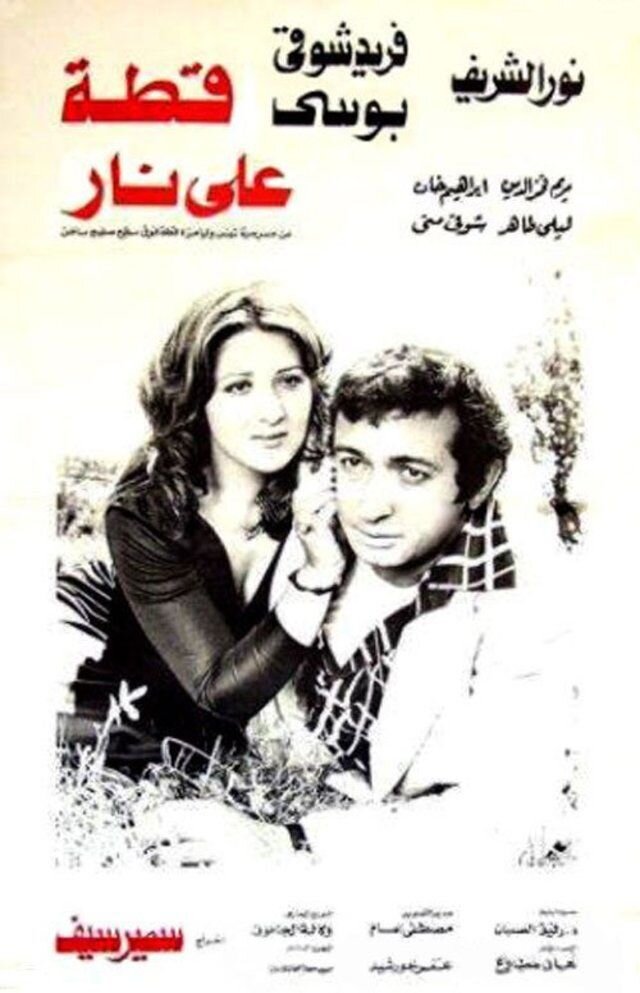The Exhibit You’ve Been Waiting For Since 1325 BC. Metropolitan Museum, Treasures of Tutankhamun, December 15, 1978 - April 15, 1979
-Newspaper Ad, New York Times
What do you know about Tut fever? I saw the December 17 New York Times Christmas shopping page, Sphinxes wearing neckties, Nefertiti on wig stands, Ramsees in evening wear. Egyptians think it is crazy that tickets are being scalped for $50, and Tut was such a trivial king, $50 is a generous monthly wage…I didn’t know and was shocked to learn the Mena House has a topless cabaret. Now I understand what the man in Bahariyya Oasis meant when he asked me if I ever went out to Pyramids Road and saw “women”. $50 is a lot there too.
-Letter Home, December 31, 1978
They say this was the first blockbuster art exhibition ever, all due to hyped-up marketing and advertising and Thomas Hoving’s P.T. Barnum-style hucksterism. You can bet the Mena House didn’t need to advertise its floor show like that, if word-of-mouth alone could get the news out to illiterate peasants in Bahariyya.




